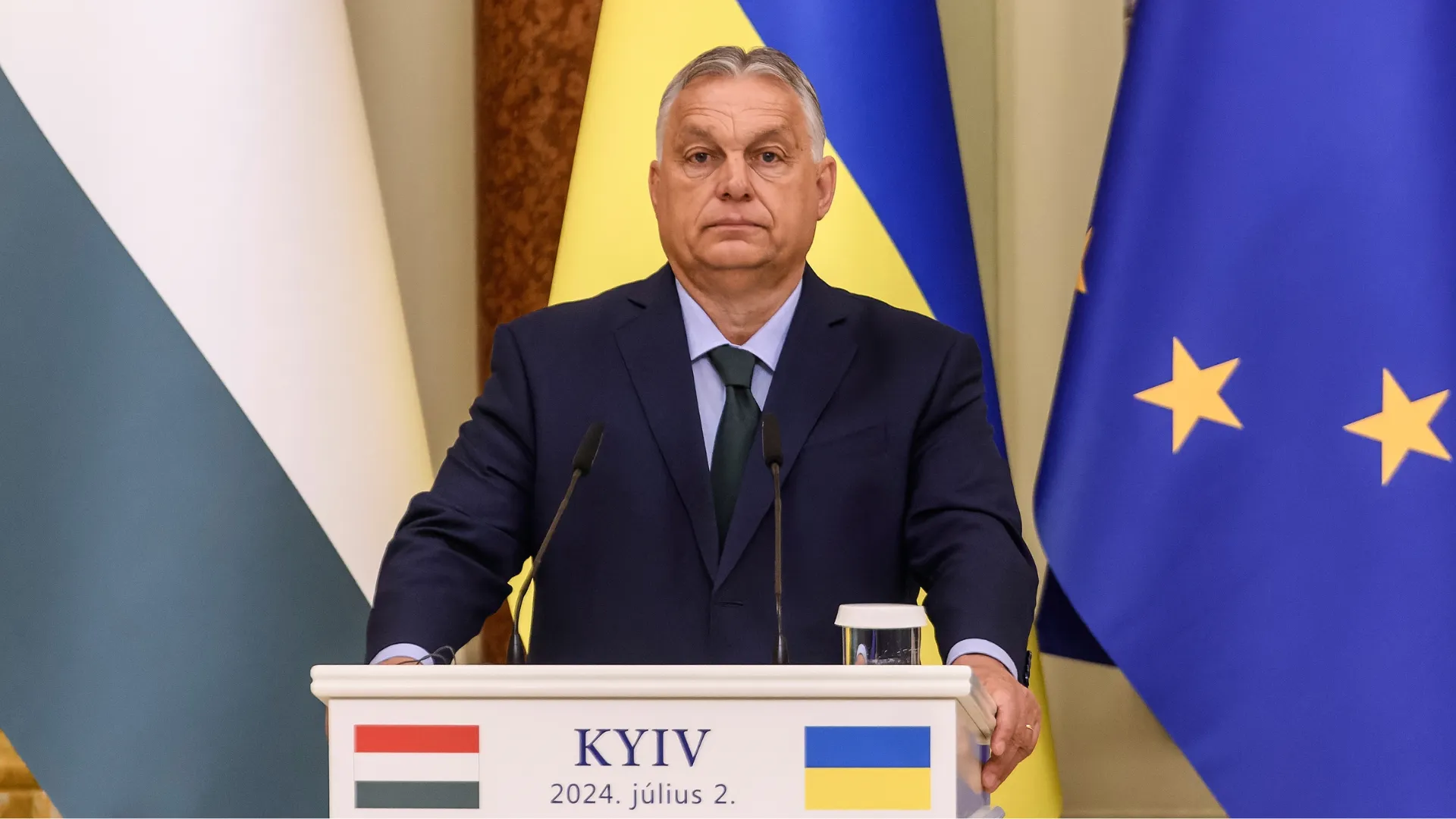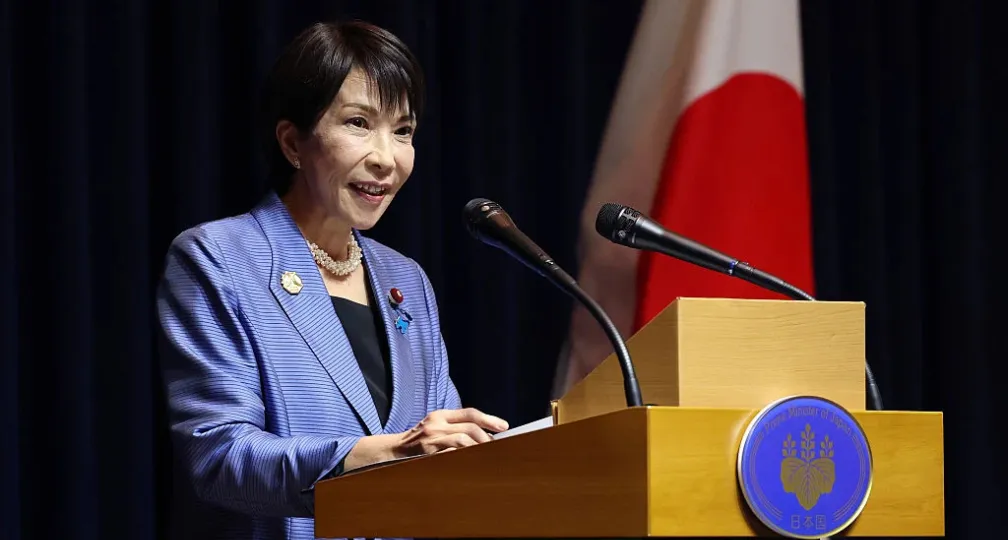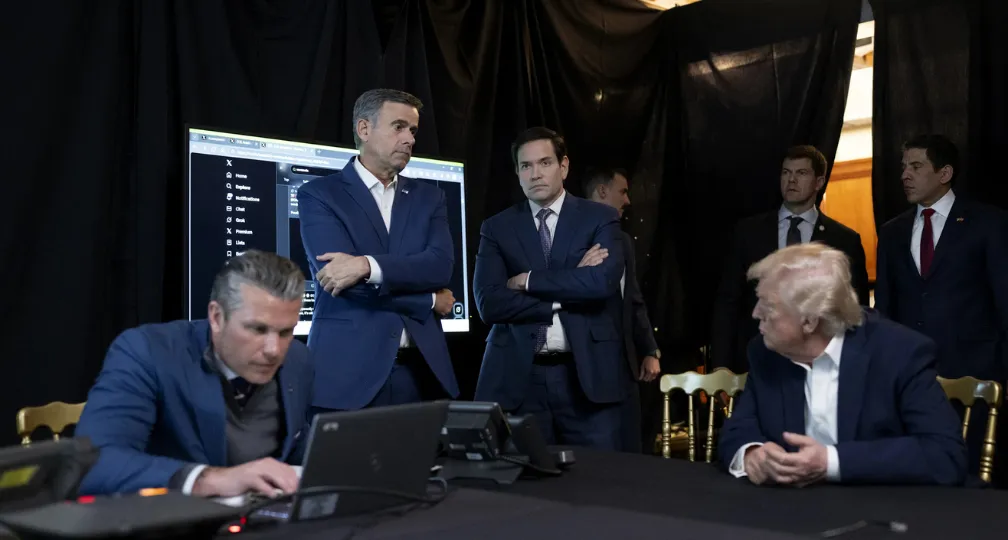What lies behind China’s unconventional approach to diplomacy?
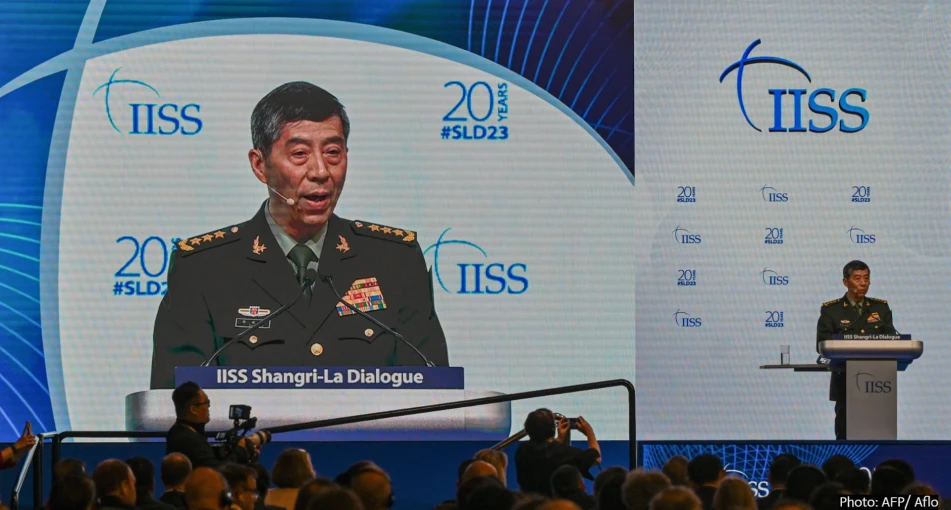
Behind China’s attempts, we can see its ambitious diplomacy — pushing its own narratives to the international community by using its economic influence and shaking up the very concept of how order should be.
However, looking at the domestic situation in China, while its economy is expected to recover gradually from the COVID-19 pandemic, the country’s latest economic indicators have been worse than predicted, and concerns remain over another increase in the number of infections.
Furthermore, in April, the jobless rate among people between the ages of 16 and 24 in urban areas hit a record 20.4%, and the worsening unemployment situation could even lead to social unrest.
So how should we view China, which is conducting active diplomacy while facing a number of challenges at home?
This article will show an outlook on the logic behind the diplomatic strategy of Chinese President Xi Jinping’s administration, which has entered its third term.
Provocative remarks
In recent months, a number of cases have been seen in which Chinese top-level diplomats made provocative remarks.
In April, for instance, Chinese Ambassador to France Lu Shaye said there is no international agreement to materialize the status of former Soviet countries like Ukraine and the three Baltic states — Estonia, Lithuania and Latvia — as sovereign countries, sparking outrage among those nations.
In Japan, Wu Jianghao, Chinese ambassador to Japan, warned in late April that Japan should not interfere in Beijing’s dealings with Taiwan, saying Japan linking issues regarding Taiwan with its own national security would lead the Japanese people into a sea of flames.
Foreign Minister Yoshimasa Hayashi criticized these comments as “extremely inappropriate” at a House of Representatives Foreign Affairs Committee meeting in May.
In early June, former Chinese Ambassador to the United States Cui Tiankai said in an interview with The Straits Times, an English newspaper in Singapore, that the American side has been lax in keeping its word after past meetings, adding that there are adequate channels of communication between Beijing and Washington, but insufficient political will — on the part of the U.S. — to prevent conflicts.
In South Korea, Chinese Ambassador to Seoul Xing Haiming said during a meeting with Lee Jae-myung, leader of the opposition Democratic Party of Korea, in early June that South Korea was to blame for creating “difficulties” in China-South Korea ties by failing to respect Beijing’s core interests. He also said that those who bet on China’s defeat in its competition with the U.S. will surely regret it later.
The South Korean Foreign Ministry warned Xing over his “senseless and provocative” remarks and accused him of violating diplomatic protocols.
What is common among these tough remarks by Chinese officials is the fact that they sent out abroad the narratives held within the country on certain issues as they are.
Consequently, the remarks prompted strong criticism from other countries, proving to be diplomatic faux pas. That being the case, why do senior diplomats, who are supposed to be professionals of diplomacy, repeatedly make such provocative remarks?
There have been cases in the past of Chinese diplomats repeatedly making hard-line remarks, stirring controversy under the idea of so-called wolf warrior diplomacy.
Some point out that one of the factors behind a sharp rise in such remarks was Qi Yu, former deputy head of the Chinese Communist Party’s organization department, who was appointed the Chinese Foreign Ministry’s Communist Party chief in 2019 and strengthened control within the ministry.
Led by Qi, the party committee of the Foreign Ministry newly established a leading small group on theme education in 2019, conducting education programs within the ministry under a work mechanism of monthly planning, weekly assignments and daily progress.
The group is intended to enhance guidance on the ministry’s divisions and embassies according to each of their circumstances to correct differences in a timely manner and make their stances consistent.
As a result of more than four years of strengthened control under the Communist Party-led education program, more diplomats — even ambassadors — are apparently sending out domestic narratives overseas.
In addition, in early April, a new educational program under the theme of Xi Jinping Thought on Socialism with Chinese Characteristics for a New Era was put into practice, strengthening ideological education at diplomatic missions abroad.
Competition of discourse power
What is also important in understanding the essence of China’s diplomatic narratives is the concept of so-called international discourse power pursued by the Xi administration.
Discourse power refers to the right to speak and the power to make others accept what is being said.
As I pointed out last year in an article in this series, the Xi administration is aiming, based on its subjective view, to enhance the discourse power that matches China’s current comprehensive national power and its position in the international community.
The idea is supported by its recognition that the influence of a country’s narrative in the global community is linked to its national power and its confidence that by becoming more powerful, China can gain support for its narratives.
Rather than simply pushing forward its own narratives, the country has been gradually taking a more sophisticated approach of choosing to send out the narratives that will be more easily accepted by other countries.
The Xi administration repeatedly stresses such keywords as multipolarization and noninterference in internal affairs, for instance, in an effort to spread narratives favorable to developing countries and emerging economies while keeping the U.S. in check.
Meanwhile, the Chinese government is placing focus on facilitating foreign investment in the country to revitalize its economy and insource technologies.
However, considering what China went through after introducing the market economy in the 1980s, it is obvious that the more it opens up its economy, the more Western ways of thinking flow in.
The Xi administration, worried of universal values spreading in Chinese society, attempted to form a public opinion favorable for the country by strengthening control on the networks of overseas Chinese that could become the source of information in and out of China and censoring speech criticizing the country.
Considering such circumstances, diplomats’ stance of not being hesitant about using domestic narratives abroad can be seen as the officials going on the offensive regardless of other countries’ criticisms.
The Xi administration must be set on winning against Western countries in its fight over discourse power.
National security interests
The arena of national security has also become a battleground for competition over international discourse power.
China’s People’s Liberation Army had started discussing by 2020 the need to become an agenda-setter in global security and a leader in the global security discourse.
The move is based on the belief that the process of the fight for discourse power will be optimized by gaining what Chinese experts call an influence to sway the importance of topics on international issues, namely the agenda-setting power.
If the idea is applied to discussions on a ceasefire in the war in Ukraine, for example, the meaning of combat and how to end it will largely differ depending on whether it is seen as Russia’s war of invasion or as resistance against NATO’s pressure.
China is also pursuing an agenda-setting power by blaming the United States and Taiwan independence activists for problems regarding Taiwan.
In early June, China declined a request from Washington for U.S. Secretary of Defense Lloyd Austin and his Chinese counterpart, Li Shangfu, to meet on the sidelines of the Shangri-La Dialogue, Asia’s premier security summit, in Singapore.
Chinese officials stressed that the current difficulties in the exchanges between the two militaries are entirely on the U.S. side, reiterating Beijing’s opposition to American sanctions that Li has been under since 2018 over his role in purchasing fighter jets and missiles from Russia.
However, at a United Nations Security Council emergency meeting held to discuss North Korea’s May 31 satellite launch test, Geng Shuang, Chinese deputy permanent representative to the United Nations, defended Pyongyang, saying, “Is it constructive to point the finger at one party and to put all the blame on one party? Obviously not.”
Under this logic, both the U.S. and China should be blamed for the confrontations.
Countering narratives
The Xi administration arguing that U.S. actions are the root cause of any security issue is its way of branding Washington as the bad guy in an effort to gain the support of countries that are at odds with the U.S.
But there are limits to attracting supporters simply by fueling anti-U.S. sentiment when it comes to the ultimate goal of reorganizing international order.
Because the Xi administration is aware of that, it is trying to lead a cognitive warfare of how to interpret the international situation and change the definition of what is right in the global community, namely values and norms.
It can be said that Beijing is moving from a defensive stance of improving weakness in discourse power to a more offensive action of gaining legitimacy.
Even if a government sends out a narrative including both facts and fiction, it is possible in any country for certain domestic actors to sympathize with it and cause disarray in public opinion.
Japanese society is also facing the need to improve its information literacy.

Geoeconomic Briefing
Geoeconomic Briefing is a series featuring researchers at the IOG focused on Japan’s challenges in that field. It also provides analyses of the state of the world and trade risks, as well as technological and industrial structures (Editor-in-chief: Dr. Kazuto Suzuki, Director, Institute of Geoeconomics (IOG); Professor, The University of Tokyo).
Disclaimer: The opinions expressed in Geoeconomic Briefing do not necessarily reflect those of the International House of Japan, Asia Pacific Initiative (API), the Institute of Geoeconomics (IOG) or any other organizations to which the author belongs.
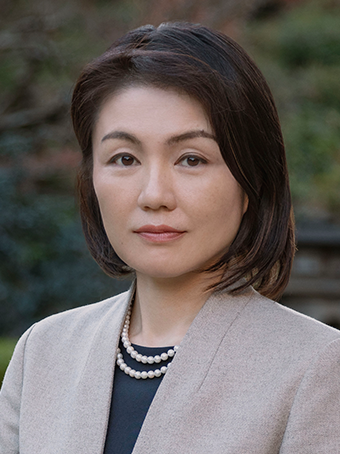

Visiting Senior Fellow
Naoko Eto is a professor in the Department of Political Science at Gakushuin University. Her main research interests include East Asian affairs and Japan-China relations. She is a member of the Expert Committee on Industrial and Technological Infrastructure Strengthening for Economic Security at the Ministry of Economy, Trade and Industry (METI), Industrial Structure Council, METI and the Customs and Foreign Exchange Council at the Ministry of Finance (MOF). She was also a visiting research fellow at the School of International Studies, Peking University, the East Asian Institute, Singapore National University, and a visiting senior fellow at the Mercator Institute for China Studies. [Concurrent Position] Professor, Department of Political Science, Gakushuin University
View Profile-
 India and EU Sign Mother of All Deals2026.02.09
India and EU Sign Mother of All Deals2026.02.09 -
 Orbán in the Public Eye: Anti-Ukraine Argument for Delegitimising Brussels2026.02.04
Orbán in the Public Eye: Anti-Ukraine Argument for Delegitimising Brussels2026.02.04 -
 Trump, Takaichi and Japan’s Strategic Crossroads2026.02.03
Trump, Takaichi and Japan’s Strategic Crossroads2026.02.03 -
 Analysis: When Is a Tariff Threat Not a Tariff Threat?2026.01.29
Analysis: When Is a Tariff Threat Not a Tariff Threat?2026.01.29 -
 Takaichi’s Strengths and the Need for ‘Strategic Signaling’2026.01.23
Takaichi’s Strengths and the Need for ‘Strategic Signaling’2026.01.23
 Oil, Debt, and Dollars: The Geoeconomics of Venezuela2026.01.07
Oil, Debt, and Dollars: The Geoeconomics of Venezuela2026.01.07 It’s Now or Never: India’s Ambitious Reform Push2026.01.09
It’s Now or Never: India’s Ambitious Reform Push2026.01.09 Orbán in the Public Eye: Anti-Ukraine Argument for Delegitimising Brussels2026.02.04
Orbán in the Public Eye: Anti-Ukraine Argument for Delegitimising Brussels2026.02.04 Analysis: When Is a Tariff Threat Not a Tariff Threat?2026.01.29
Analysis: When Is a Tariff Threat Not a Tariff Threat?2026.01.29 Navigating Uncertainty in U.S. Space Policy: Decoding Elon Musk’s Influence2025.04.09
Navigating Uncertainty in U.S. Space Policy: Decoding Elon Musk’s Influence2025.04.09



